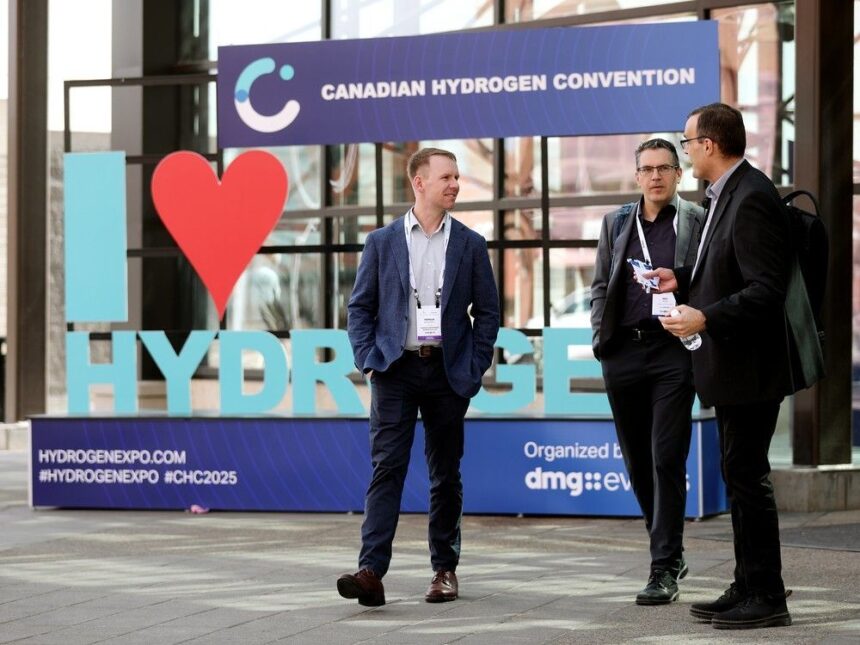Canada’s largest hydrogen convention kicked off in Edmonton this week, bringing together industry leaders, government officials, and energy experts to discuss the future of hydrogen as a clean energy source.
The three-day event showcases the latest technologies and innovations in hydrogen production, storage, and usage. Attendees are exploring how hydrogen can help Canada reach its goal of net-zero emissions by 2050.
“Hydrogen represents one of our best opportunities to fight climate change while creating good jobs and economic growth,” said Alberta’s Minister of Energy during the opening ceremony. “This convention helps position our province and country as leaders in this growing industry.”
The convention features more than 100 exhibitors displaying cutting-edge technologies. Interactive displays allow visitors to see how hydrogen can power vehicles, heat homes, and provide energy for industrial processes without producing greenhouse gas emissions.
Several major energy companies announced new hydrogen projects during the event. These include plans for hydrogen production facilities in Alberta that would use both natural gas and renewable electricity to create clean hydrogen fuel.
Experts at the convention highlighted that hydrogen offers unique advantages as an energy carrier. It can be produced from various sources, stored for long periods, and used in multiple applications from transportation to heavy industry.
“What makes hydrogen special is its versatility,” explained Dr. Sarah Johnson, a leading energy researcher. “It can be made from water using renewable electricity, or from natural gas with carbon capture. Then it can replace fossil fuels in many situations where direct electrification is difficult.”
The convention also features discussions about the challenges facing wider hydrogen adoption, including infrastructure needs, cost reduction strategies, and regulatory frameworks.
International delegates shared experiences from hydrogen projects around the world, providing valuable lessons for Canadian initiatives. Japan, Germany, and Australia were highlighted as countries making significant investments in hydrogen technology.
Edmonton was chosen to host the convention because of Alberta’s existing energy infrastructure and expertise, which positions the province well for hydrogen development. The region’s natural gas resources, combined with carbon capture capabilities, make it suitable for large-scale hydrogen production.
The convention concludes tomorrow with panel discussions on funding opportunities and policy recommendations to accelerate Canada’s hydrogen economy.





